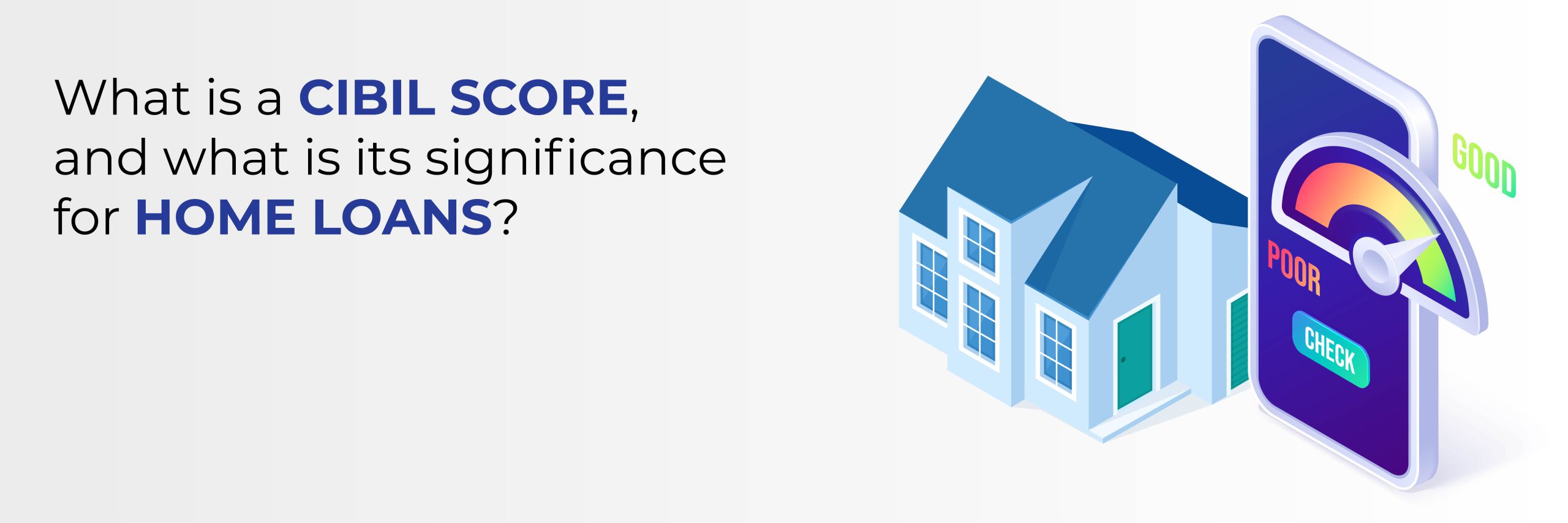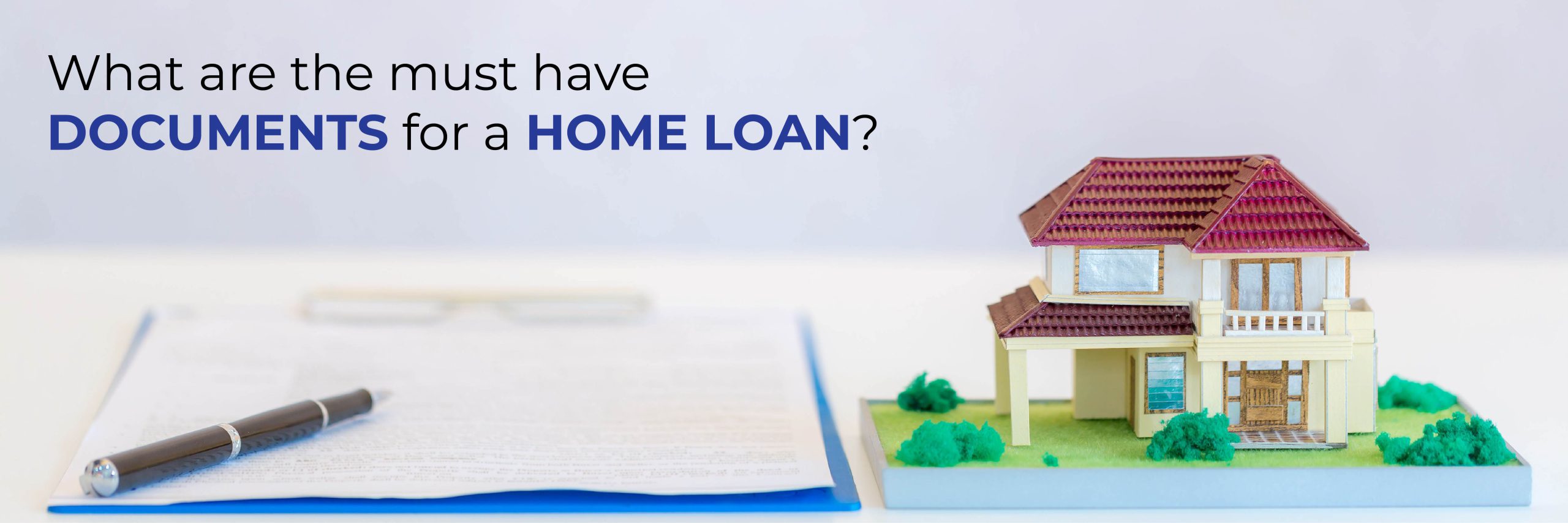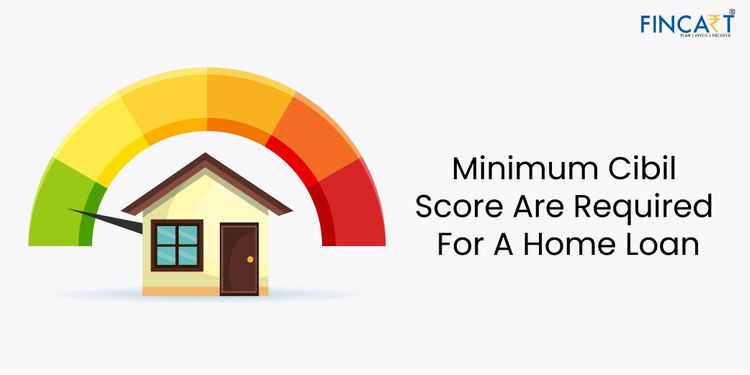Table of Contents
Toggle“There is no place like home”- What a beautiful & true saying this is. Home is not just a living place, it’s an emotion that a family shares with each other matter how long a person lives in a rented place is fine, but traditionally there is always a hunger for having an own place to live.
The cost of purchasing an apartment or a flat is prohibitive, leaving a home loan as the rescuer. But again taking a home loan is a task in itself. Many things are taken into consideration for banks to accept your loan application. Out of which, credit score or credit score plays a vital role.
Well, in this blog, we’ll be discussing the topics mentioned below:
What is a Cibil score, and what is its significance for home loans?

Simply put, a credit score or a cibil score is a 3-digit numeric summary of your entire credit history. The value of your cibil score ranges from 300-900. This report contains your financial history including your secured and unsecured loans or any other debit or credit card debt you might have. Generally, a cibil score above 750 is considered to be a good & healthy score.
Before going for a home loan, check your cibil score to know the latest score. Many websites provide you with both free and paid access to cibil score. Let’s see what you can access in a credit report:
-
- Credit record availed by you
-
- Record of your repayments of loans/credit cards
-
- Record of defaults made on EMIs or credit card outstandings
-
- Record of your inquiries that you made for loans or credit cards
A credit score or CIBIL score plays a crucial role in determining the approval/rejection of your home loan application. The first thing the bank checks is your credit score as this gives them an idea about your credit worthiness. Generally, rejection is faced when the cibil score is less as it shows that you have a bad credit history. Although, every bank has its own set of cutoff scores. However, the most common good score is considered above 750 and less than 750 is regarded as a bad credit score.
Still, there are NBFCs available that can help you get a home loan with a below-average score but the interest rate charged by them is high.
Below 400 is a mostly unacceptable score in both Traditional banks and NBFCs.
How to improve your home loan eligibility?

Increasing your home loan eligibility means improving your credit score. If your score is good then the chances of approval become higher & even the process becomes smooth.
There are a few steps that you could take to increase your chances of getting a home loan:
-
- Credit card repayments play a major role in either hampering the credit score or improving it. On-time payments majorly increase the chances of availing of unsecured and secured loans.
-
- Many of us have a habit of forgetting the due dates, for this, you could select the auto-debit facility. This way you won’t miss the date and payments will be made on time.
-
- Lenders pay major stress on your credit history. They believe that if your record states that you are not good at repayments, then it becomes quite difficult for them to approve your loans further.
-
- When getting a loan, make sure you go through the loan documents properly. Clear your doubts or queries beforehand only.
-
- Avoid getting into situations where you would need cash advances from a Credit card.
-
- Be sure to raise any disputes related to any discrepancies, errors, or omissions of transactions. Get this fraud or inaccuracy resolved by raising a CIBIL dispute before going for a home loan.
-
- Lastly, avoid making too many inquiries for loans or credit cards. This makes the lender curious that why other banks have rejected your home loan application. They might end -up charging high-interest rates for this too!
What are the MUST-HAVE documents for a home loan?

The most important thing before availing of a home loan is to have a proper insight into documents. Priorly preparing documents makes the process of a home loan simpler & smooth. These documents help banks to check your eligibility for a home loan.
With digitalization, banks are going digital and demand documents online majorly. So make sure you have a folder where you can store your documents. The document list may vary from lender to lender, but this is a general or standardized list that majorly banks ask for-
-
- Application form of loan
-
- Passport-sized photographs
-
- Identify proof
-
- Residence proof
-
- Bank Account Statement/Passbook for the last 6 months.
-
- Verified signature of the applicant.
-
- Detailed documents of the property
-
- Income proof for salaried employees(Salary slips, Form 16, ITR Returns of last 3 years)
-
- Challans of Advance Income Tax payment. (self–employed professionals)
-
- Proof of business address for self–employed professionals.
-
- IT returns/Assessment Orders copies of the last 3 years. (Self–Employed Businessmen.




